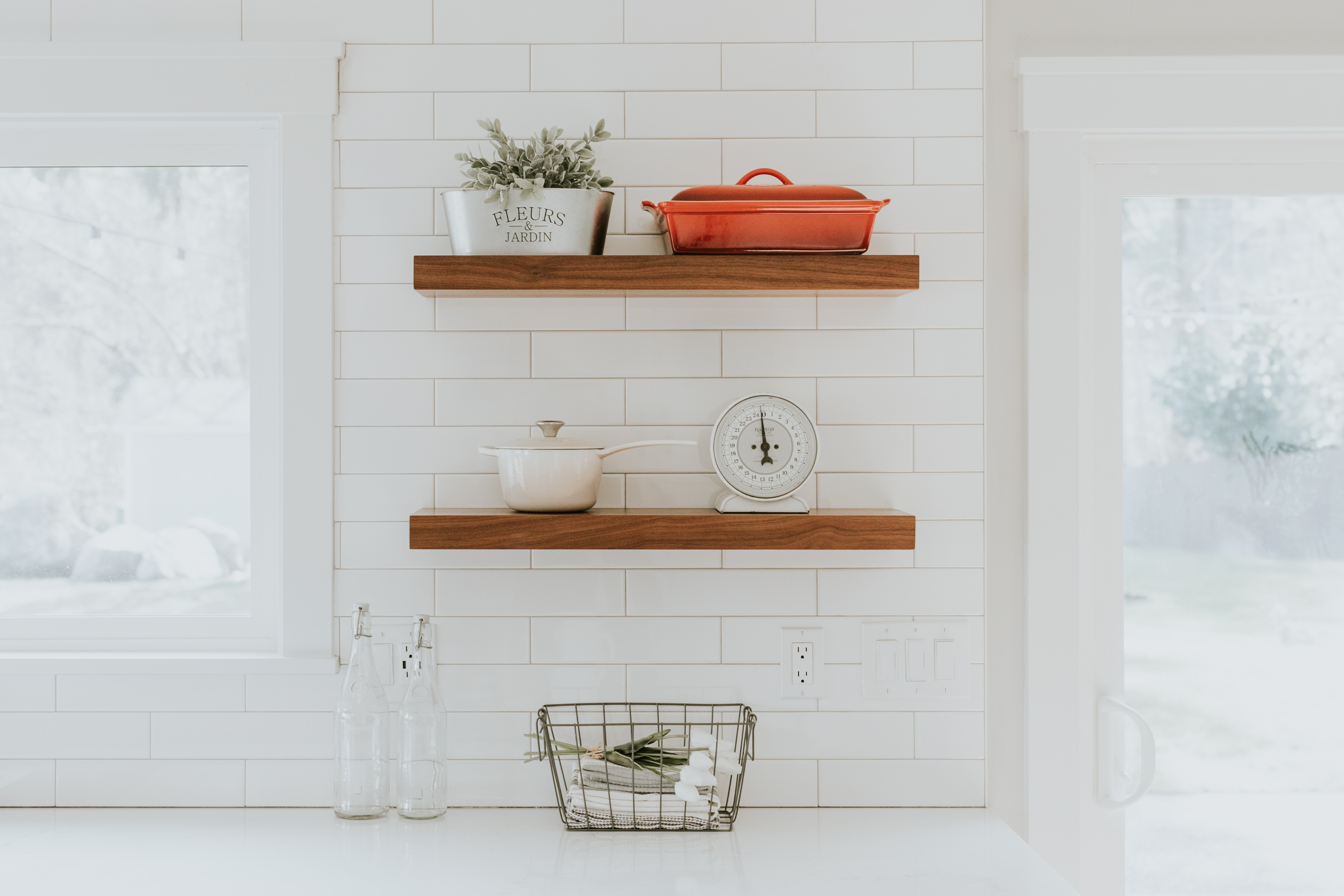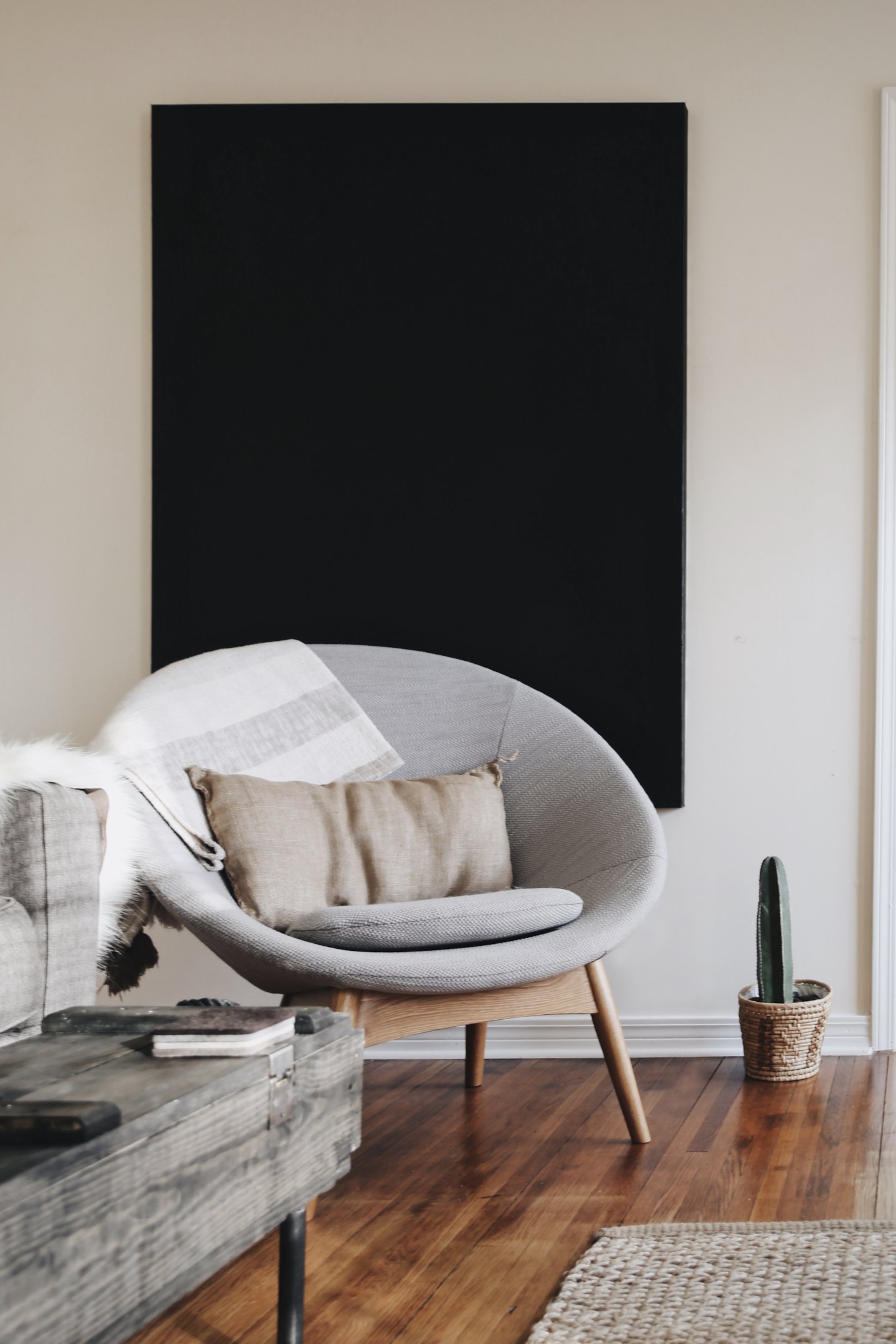Buying a house can be an exciting yet daunting experience. Not only do you have to be mindful of your long-term budget, but you also need to make sure that you avoid paying too much for your home. As home buyers, doing your homework is the key here; research your desired location, get to know the market, and find out what properties are going for in the area.
You should also make sure to have a realistic idea of what you want in a home and make sensible offers. In this blog, we’ll provide you with our tips and advice on how to avoid spending too much on your dream house! Keep reading to find out more.

Tip 1. Set a Benchmark and get to know the market.
It’s important to set a benchmark when assessing the value of the property you’re looking at. Comparing nearby properties that have been on the market recently is the best way to assess an acceptable price, get an idea of potential price growth and can provide a valuable bargaining tool when negotiating with a seller or agent.
Make sure the properties are comparable, with a similar land size and number of bedrooms, so you aren’t measuring apples against oranges. It’s also important to look for any hidden maintenance costs or problems in the property you’re interested in, so make sure you get a thorough inspection done before even considering signing on the dotted line.
Most buyers find it difficult to assess market conditions and properties accurately on their own, so it’s a good idea to seek out an expert opinion. A qualified real estate agent will be able to give you more information on the area and advise you on a fair price for your desired property and where it sits in the market. Additionally, if possible, it’s worthwhile speaking to lenders or financial advisors who may be able to help with financing options and navigating any potential legal issues.

Tip 2. Keep in mind current property market conditions.
The market is always changing, with house prices fluctuating, so doing this research once and sitting on it for a few months will offer little help. Going to open homes and auctions regularly, as well as getting regular updates from local real estate agents, will give you insight into the current state of the market, how much certain properties are going for and help you to purchase your property for the best price.
As home buyers, it’s important to take note of the real estate listing price for similar properties in the same area and compare them against your budget. If you can keep your finger on the pulse of the market conditions, you’ll be able to make an informed decision on what is fair price to pay for a property and if it’s worth overpaying.
It also pays to keep your eyes peeled for properties that may have been on the market for a while. Check out the local newspaper and property websites to see if there are any properties listed at lower prices than what’s currently being offered in your preferred neighbourhood/s.
You might be able to negotiate a better deal when you can show that the seller or real estate agent is pushing against market value and has had difficulty attracting buyers due to the price.
Also, don’t be afraid to haggle. Negotiation is part of the process, so don’t be afraid to offer a lower price than what’s listed on the property or negotiate terms that make it easier for you to purchase without overpaying. If you’re confident in your research and in the quality of your offer, you may be able to go below the list price and get a better deal on a house.
At the end of the day, being informed on pricing and market value and conditions is key to avoiding spending too much on your next property. Don’t be afraid to shop around – you may even find that you get more than you expected.

Tip 3. Expand your search to ensure you find a fair price.
Don’t limit yourself to a particular area or suburb. It can be worthwhile to look around neighbouring suburbs to get a feel for their property prices too, even if you’re already comfortable in a particular area.
You might find the “same house” (ie style of property) for a fraction of the cost. Plus you could end up living in a different suburb that offers all your desired amenities and lifestyle options without having to pay extra for a suburb name.
Don’t get caught up in overpaying for a property due to limiting your options. Explore the possibility of surrounding suburbs and take the time to view as many places as you can. You could end up saving yourself thousands of dollars simply by choosing another suburb with similar features and lifestyle opportunities and you never know; your new local area may even have greater price growth in future.
Your home’s location is very important, so take a look around the local market. You might find your dream property just a couple of suburbs away that still meets all your needs.

Tip 4. Don’t exceed your financial capacity.
If you’ll be taking out a mortgage to purchase a property, it’s a good idea to seek pre-approval before you start making offers.
Having pre-approval sorted out before you start looking for a property gives you more confidence in the process, and it also makes your offer stand out from the competition. Plus, knowing exactly how much you’re approved to borrow means that you won’t end up overpaying on a house. Pre-approval can help to safeguard you from paying too much for a property, and can give you the peace of mind that comes with knowing exactly what you’re able to afford.
Remember, lenders will only approve loans based on your current income, so before committing to any mortgage, make sure that it’s an amount that is realistic in terms of your financial capacity. Taking out a loan that’s more than you can afford could end up being an expensive mistake in the long run.
It’s important to remember that even if you’re approved for a higher amount, it doesn’t necessarily mean that you need to accept it. A higher loan amount will mean paying more in interest charges over the life of the loan, so make sure you’re comfortable with how much you’ll be investing before committing to a property purchase.
It pays to speak with a financial adviser or lender before applying for pre-approval, as they can help to make sure you’re not over-committing financially. With a little bit of careful planning, you can approach the property market with complete confidence.

Tip 5. Bring in extra support with specialist real estate agents
When it comes to buying real estate, enlisting the help of buyers agents can be a wise choice. They are well-versed in negotiation tactics and can help you get the best deal possible on your property. Furthermore, they will ensure that you don’t overpay the fair market value or make any other costly mistakes that could lead to you spending too much in the end.
With their expertise and guidance, buyers agents can help you get the right price on a house or other property and make sure that your purchase is a wise investment. A buyer’s agent will also be able to give you advice on how to bid at an auction, so that you don’t emotional attachment doesn’t mean you get caught up in the heat of the moment and pay too much for a property. Ultimately, having an experienced buyer’s agent in your corner can help you make the best decision when purchasing a property that will save you time and money.
Summary
We all know that buying a property is a major investment and should not be taken lightly. However, spend the time to look into the area you are looking to buy in, an understanding of your finances, enlisting the help of an experienced buyer’s agent and exploring nearby suburbs, you can avoid paying too much for your property and make sure you get the best possible deal. With a little bit of planning and savvy negotiation, you can approach the property market with confidence and find the perfect home for your needs. Good luck!
For personalised advice and to learn more about how we can help you purchase your next property, please book a discovery call.
